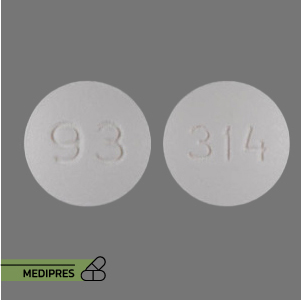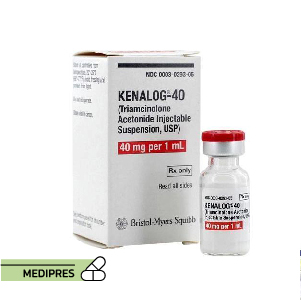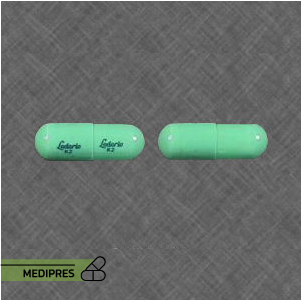
Kenalog
23 June, 2023
Ketoconazole
23 June, 2023Keppra
Generic name: levetiracetam
Drug class: Pyrrolidine anticonvulsants
Dosage form: Tablet, Injection, Solution
Root of administration: Oral, Intravenous (IV) Administration.
Dose: Tablet: 200, 500, 750, 1000 mg. Solution: 100 mg per ml. Injection: 5, 10, 15, 100 mg per ml
Mechanism of action: Keppra is an anti-epileptic drug, also called an anticonvulsant.
Drug usage cases: Keppra is a prescription medicine used to treat certain types of seizures in people with epilepsy, including partial onset seizures, myoclonic seizures, and tonic-clonic seizures. Keppra injection is used only as an alternative for patients when oral use is temporarily not possible.
Drug contra indications: You should not use Keppra if you are allergic to levetiracetam. To make sure Keppra is safe for you, tell your doctor if you have ever had:
kidney disease (or if you are on dialysis), depression or other mood problems, mental illness or psychosis; or suicidal thoughts or actions. Do not give this medicine to a child without medical advice. Different brands of levetiracetam are for use only in children of certain ages. Some people have thoughts about suicide while taking Keppra. Your doctor will need to check your progress at regular visits. Your family or other caregivers should also be alert to changes in your mood or symptoms.
side effects: Get emergency medical help if you have signs of an allergic reaction to Keppra (hives, difficult breathing, swelling in your face or throat) or a severe skin reaction (fever, sore throat, burning in your eyes, skin pain, red or purple skin rash that spreads and causes blistering and peeling). Report any new or worsening symptoms to your doctor, such as: mood or behavior changes, depression, anxiety, panic attacks, trouble sleeping, or if you feel agitated, hostile, irritable, hyperactive (mentally or physically), or have thoughts about suicide or hurting yourself.
Call your doctor at once if you have:
unusual changes in mood or behavior (unusual risk-taking behavior, being irritable or talkative), confusion, hallucinations, extreme drowsiness, feeling very weak or tired, loss of balance or coordination, problems with walking or movement, a skin rash, no matter how mild, easy bruising, unusual bleeding; or fever, chills, weakness, or other signs of infection.
Warnings: Do not stop using Keppra without first talking to your doctor, even if you feel fine. You may have increased seizures if you stop using this medicine suddenly. You may need to use less and less before you stop the medication completely. Some people have thoughts about suicide when first taking this medicine. Stay alert to changes in your mood or symptoms. Report any new or worsening symptoms to your doctor. Wear a medical alert tag or carry an ID card stating that you take Keppra. Any medical care provider who treats you should know that you take seizure medication. Keppra may impair your thinking or reactions. Be careful if you drive or do anything that requires you to be alert.
Use during pregnancy or breastfeeding: Tell your doctor if you are pregnant or plan to become pregnant while using this medication. Do not start or stop taking levetiracetam during pregnancy without your doctor’s advice. Having a seizure during pregnancy could harm both the mother and the baby. Seizure control is very important during pregnancy and the benefits of preventing seizures may outweigh any risks posed by using this medicine. Ask a doctor if it is safe to breastfeed while using this medicine.



